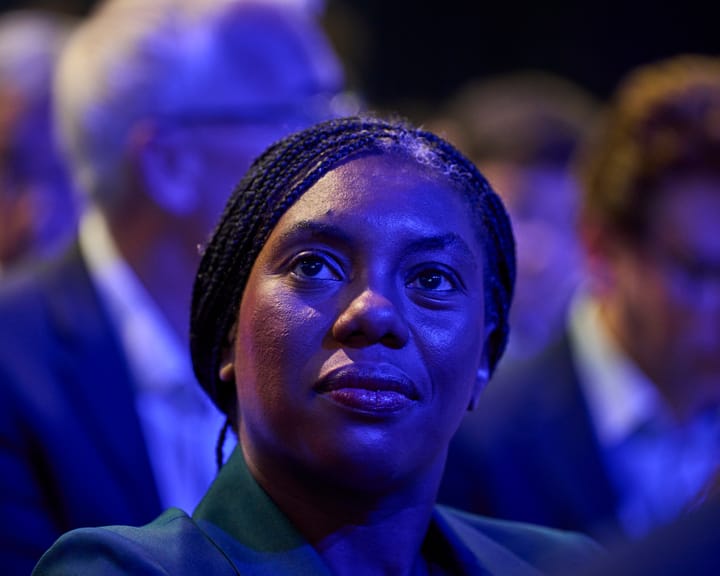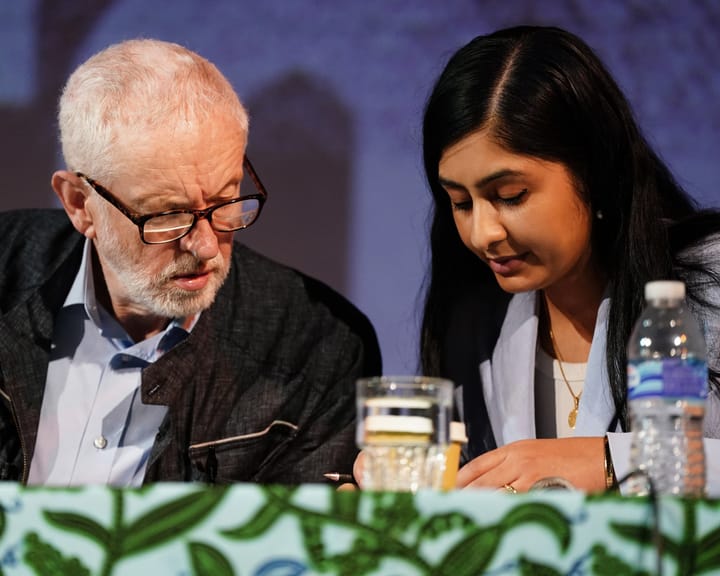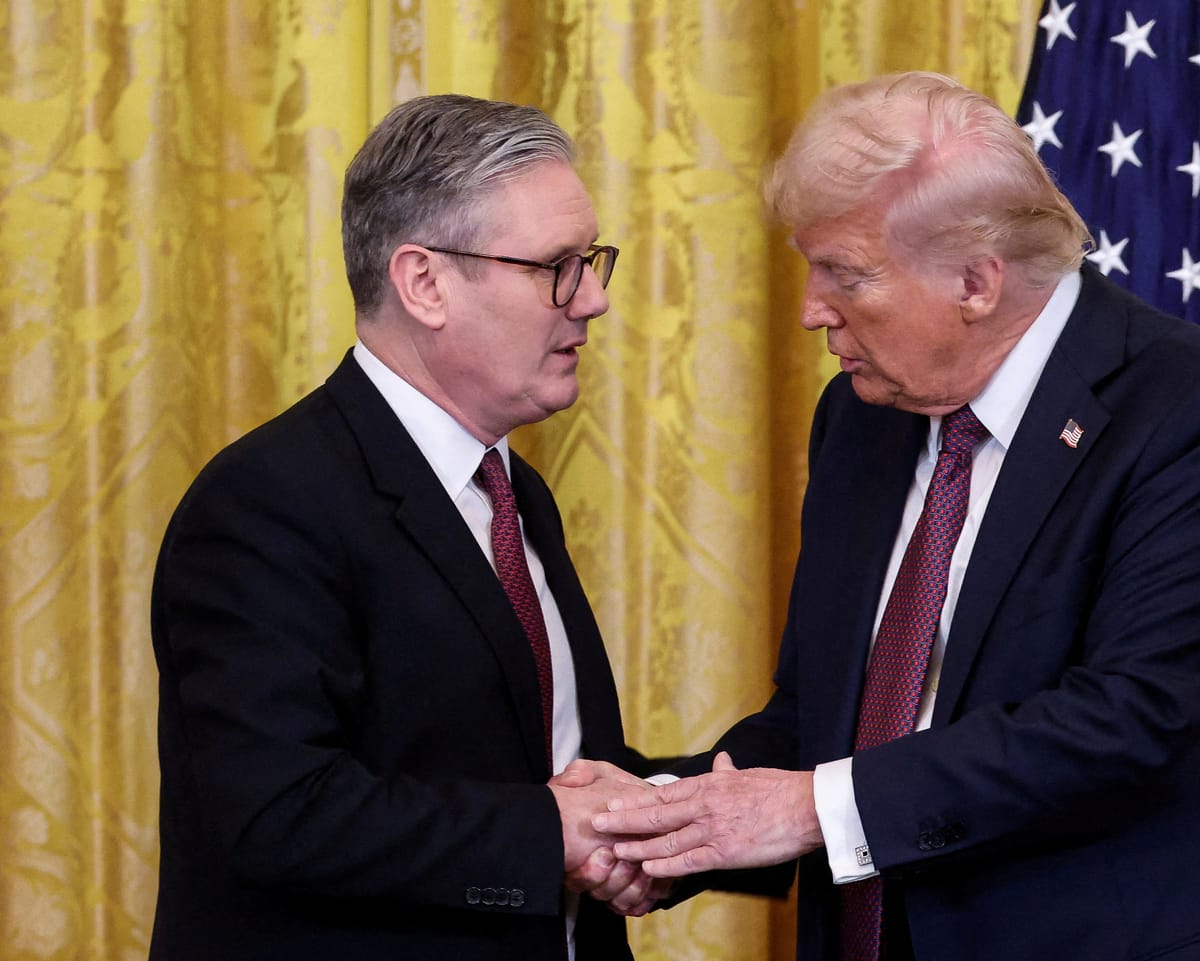When Air Force One landed at Prestwick on Friday, during a trip where politics shared the spotlight with golf, Donald Trump was questioned about his rapport with Keir Starmer.
“I like your prime minister. He’s a bit more progressive than I am, as you may know. But he’s a good man,” the U.S. leader told reporters. At a moment when Britain seeks Trump’s attention on several critical matters, his remarks about the close ties between the two nations likely provided some comfort to Downing Street.
But this alignment did not come easily. Even before Trump’s re-election, Starmer had emphasized he would collaborate with the U.S. president if it served Britain’s interests. There have been uneasy moments, yet his strategy of maintaining cooperation has so far yielded positive results.
A key development was the economic agreement reached by both leaders, reducing certain U.S. tariffs on automobiles, aluminum, and steel. Though not yet fully in effect, the UK government sees this as a potential foundation for stronger trade relations in the future.
Starmer, alongside Western allies, has also played a role in shifting Trump’s stance on Ukraine. Initially showing support for Vladimir Putin and appearing to fault Volodymyr Zelenskyy for the conflict, the U.S. leader now expresses dissatisfaction with Russia’s actions.
Starmer’s most challenging diplomatic effort yet will be convincing Trump to adjust his approach to the humanitarian crisis in the Middle East. Even raising the issue was difficult, given the White House has not prioritized Gaza.
Trump holds unique influence over Israeli Prime Minister Benjamin Netanyahu—though even that is not absolute—making this a crucial opportunity to sway U.S. policy.
Amid mounting global outrage over Gaza, Starmer faces growing domestic pressure—from his cabinet, Labour members, and the public—to take stronger action against Israel.
Officials defend the UK’s measures so far, pointing to resumed funding for Unrwa, sanctions on far-right Israeli officials and violent settlers, suspended trade talks with Israel, support for the ICC, and tighter restrictions on arms exports (though no full ban).
The immediate focus is on unlocking humanitarian aid, as widespread hunger grips Gaza. Starmer aims to convince Trump that without lifting the near-total blockade, conditions will deteriorate further.
The broader goal, however, remains securing a ceasefire.
Read next

"Widow to forfeit half of pension scam compensation to taxes"
The relatives of a man who lost his retirement savings after becoming entangled in the Norton Motorcycles pension scheme fraud are set to forfeit nearly half of their compensation due to an obscure tax regulation.
After a prolonged effort to secure payment from the Fraud Compensation Fund (FCF), Robert Dewar’

"Has Kemi Badenoch Ended One Nation Conservatism?"
In one interpretation of the Conservative Party's electoral successes, its last three victorious leaders—John Major, David Cameron, and Boris Johnson—each entered Downing Street promoting unity and broad-based principles.
However, this year's gathering of Conservative members has been defined by tougher language on asylum policies

Zarah Sultana and Corbyn reconcile, poised to co-lead new party
Zarah Sultana and Jeremy Corbyn Reconcile Ahead of New Political Group Launch
Zarah Sultana has stated that she and Jeremy Corbyn have resolved tensions in their joint leadership of a new political initiative, comparing their dynamic to that of the Gallagher brothers from Oasis.
Speaking alongside Corbyn at the *World

